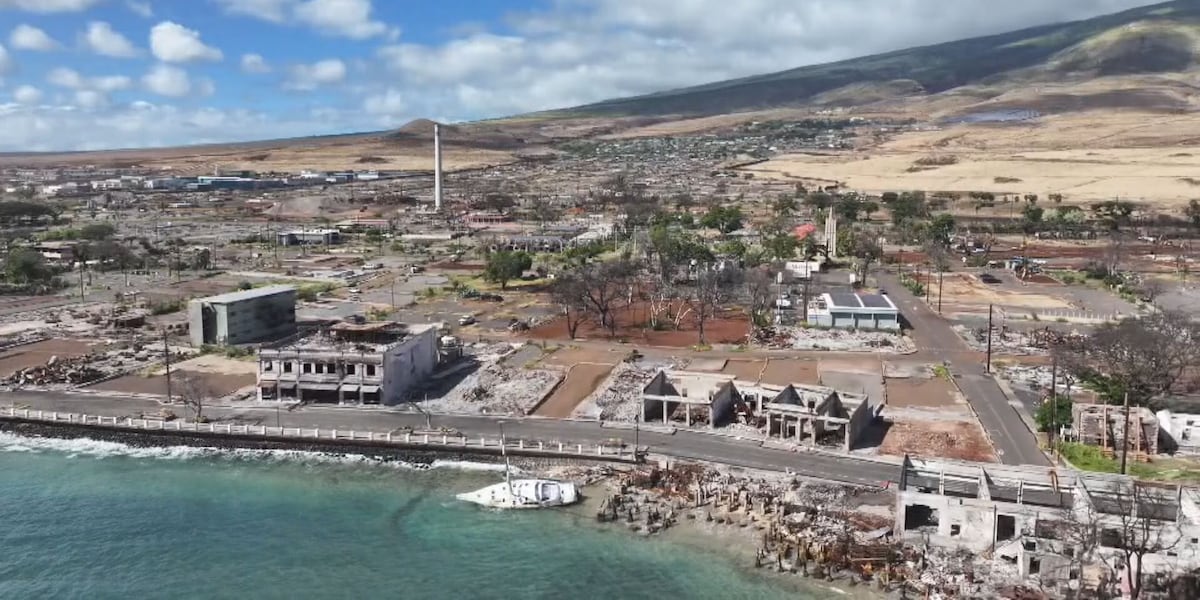Climate Showdown: Hawaii Challenges Big Oil's Deceptive Tactics in Landmark Lawsuit

In a dramatic legal showdown, the Trump administration has launched a federal lawsuit against Hawaii, seeking to prevent the state from pursuing legal action against major oil companies for their alleged role in climate change damages.
The unprecedented legal battle highlights the growing tension between environmental advocacy and fossil fuel industries. Hawaii's lawsuit aims to hold Big Oil accountable for the environmental and economic consequences of climate change, while the federal government is attempting to block the state's legal efforts.
By challenging Hawaii's right to seek damages, the Trump administration appears to be protecting the interests of oil corporations and potentially limiting states' abilities to address climate-related challenges through legal channels. This legal maneuver underscores the complex and contentious nature of climate change litigation in the United States.
The lawsuit represents a significant moment in the ongoing debate about corporate responsibility, environmental protection, and the legal strategies states can employ to combat climate change impacts.
